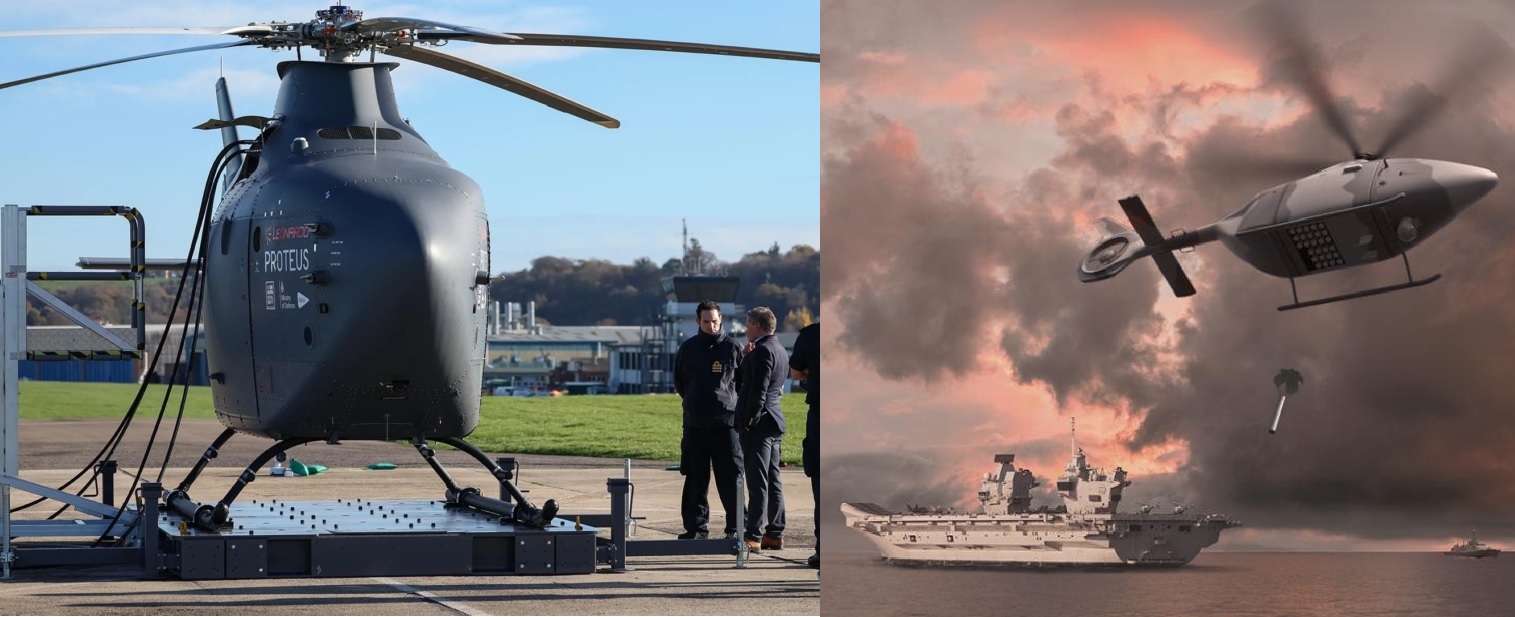Bulgaria to Receive Seven Advanced Mine-Countermeasure Vessels from Belgium and the Netherlands

In a significant step toward strengthening NATO’s naval presence in the Black Sea, the Belgian and Dutch governments have agreed to transfer seven mine countermeasure (MCM) vessels to the Bulgarian Navy. Under this agreement, Belgium will hand over four ships, while the Netherlands will provide three, along with a training simulator and spare parts to ensure the Bulgarian fleet is fully prepared for operations.
The Transfer Plan
The vessels being transferred are Tripartite-class (also known as Alkmaar-class in the Netherlands), designed in the 1980s for advanced mine-hunting operations. Although they are legacy ships, they remain highly capable when refurbished. Belgium will provide its vessels free of charge, but Bulgaria will fund their refurbishment and modernization, most likely in Belgian shipyards, before they are commissioned into active service. The Dutch ships are scheduled for delivery between 2027 and 2028.
The modernization phase will ensure these ships are equipped with reliable navigation, mine detection sensors, and communication systems, enabling them to meet NATO operational standards. With these upgrades, Bulgaria will significantly enhance its ability to conduct mine-clearing operations and protect maritime traffic in the region.
Link to the rMCM Program
This handover is directly connected to the binational Belgian-Dutch rMCM program, which began in 2019. The program focuses on replacing aging Tripartite-class vessels with a new generation of City-class / Vlissingen-class ships.
These new vessels are:
-
82.6 meters long with a displacement of 2,800 tonnes.
-
Equipped with an integrated “toolbox” of unmanned systems — including surface drones, underwater drones, and aerial drones — designed to detect, identify, and neutralize mines without risking crew safety.
-
Built with reduced magnetic, acoustic, and electrical signatures, making them stealthier in mine-infested waters.
-
Being delivered in phases until 2030, with both navies receiving six ships each.
By transferring their older Tripartite-class ships to Bulgaria, Belgium and the Netherlands can focus on adopting these next-generation vessels while ensuring that their allies remain equipped with capable MCM assets.
Strategic Importance for the Black Sea
The Black Sea has become a region of high strategic tension due to the ongoing war in Ukraine, increased Russian naval activities, and the need to protect energy and trade routes. Mines pose a serious risk to commercial shipping, and NATO has placed strong emphasis on mine-warfare capabilities to safeguard maritime security.
By acquiring these ships, Bulgaria will:
-
Greatly expand its mine detection and neutralization capacity.
-
Contribute more effectively to NATO’s collective operations in the Black Sea.
-
Improve regional interoperability with other NATO members, especially Romania, which has already enhanced its navy by integrating a Sandown-class vessel transferred from the UK.
-
Provide safer conditions for civilian and military shipping in one of Europe’s most critical maritime zones.
A Strengthened NATO Naval Posture
The agreement is not just a ship transfer — it represents a strategic partnership. It ties Bulgaria more closely into the Belgian-Dutch mine warfare community, including training institutions like EGUERMIN, the joint Naval Mine Warfare School. This ensures Bulgarian crews will receive the same level of training and doctrine as their Western counterparts.
Dutch State Secretary of Defence Gijs Tuinman highlighted that this initiative is a crucial step toward strengthening Black Sea security and reinforcing NATO’s eastern flank. It shows how allied nations are adapting quickly to modern threats by redistributing resources where they are most urgently needed.
The arrival of these seven MCM vessels will mark a turning point for the Bulgarian Navy, transforming its mine-clearing capability and reinforcing NATO’s defensive posture in the Black Sea. For Belgium and the Netherlands, the transfer clears the way for the induction of their advanced rMCM vessels, while ensuring that allies like Bulgaria can immediately benefit from proven platforms.
This initiative reflects NATO’s broader strategy: combining modernization with solidarity. Older but capable ships are being handed to allies in sensitive regions, while Western navies move ahead with cutting-edge designs — ensuring that every member state contributes to collective security in a rapidly evolving maritime environment.
✍️ This article is written by the team of The Defense News.






